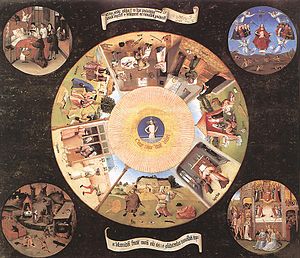 Who wrote the Bible? When was it written? Why was it written?
Who wrote the Bible? When was it written? Why was it written?These are topics which one almost never hears discussed on the pulpit, and yet are topics which are of utmost - if potentially controversial - importance to the reading and understanding of the Bible. A search of the Internet reveals as many answers as one can formulate questions, some of which are quite self-serving. For example, someone offers the opinion that the Bible was written so "that we might believe in the name of God," and goes on to quote 1 John 5:13. John was one of Jesus' disciples. The Bible, in fact, spans a much longer period than simply Jesus's life and teachings, and therein lies the rub. Some scholars have traced some biblical entries as far back as 3500 years ago. And "entries" is loosely termed as writings. Most folks were illiterate in those days, and what we now hold as Holy Writ is a collection of writings from various sources that were accumulated over many centuries, from word of mouth, from songs, as well as from some fertile imaginations.
Moreover, the Bible was not compiled in English. The King James Version is arguably a modern version, and even more user-friendly versions crop up all the time. The thing to remember here is that, just as in the children's game of chain, stories that have been passed down through the generations manage to change in character and flavor; and stories that were written in a foreign language do not translate directly into another language, in this case, English. Still, it might be argued that the Bible is the Word of God, written without error in any respect. Many Christians consider the text of the Bible to be divinely inspired, and therefore taken on faith.
If that is the case, then no intellectual analysis can be conducted. Indeed, no "explanations" can be offered from the pulpit or anywhere else, for that matter. There can be no interpretation of the stories, just a blind acceptance of the holy writings. It is, in fact, the position of fundamentalist religions that the Bible as a repository for the Word of God, cannot be understood, should not be understood, and is not open to any interpretation, save an acceptance on faith of what is written. The fact that what is written is written in modern English should not pose a problem; nor should the illogic of some of the stories (that Methuselah lived 900 years, for example).
Therefore I say to you, if after examination and due diligence, the Bible in all its mysteries still holds sway, and you feel secure in God's protection with your faith unshaken, then lift up your voice on high, and shout Hallelujah, for yours is truly a chosen life.
